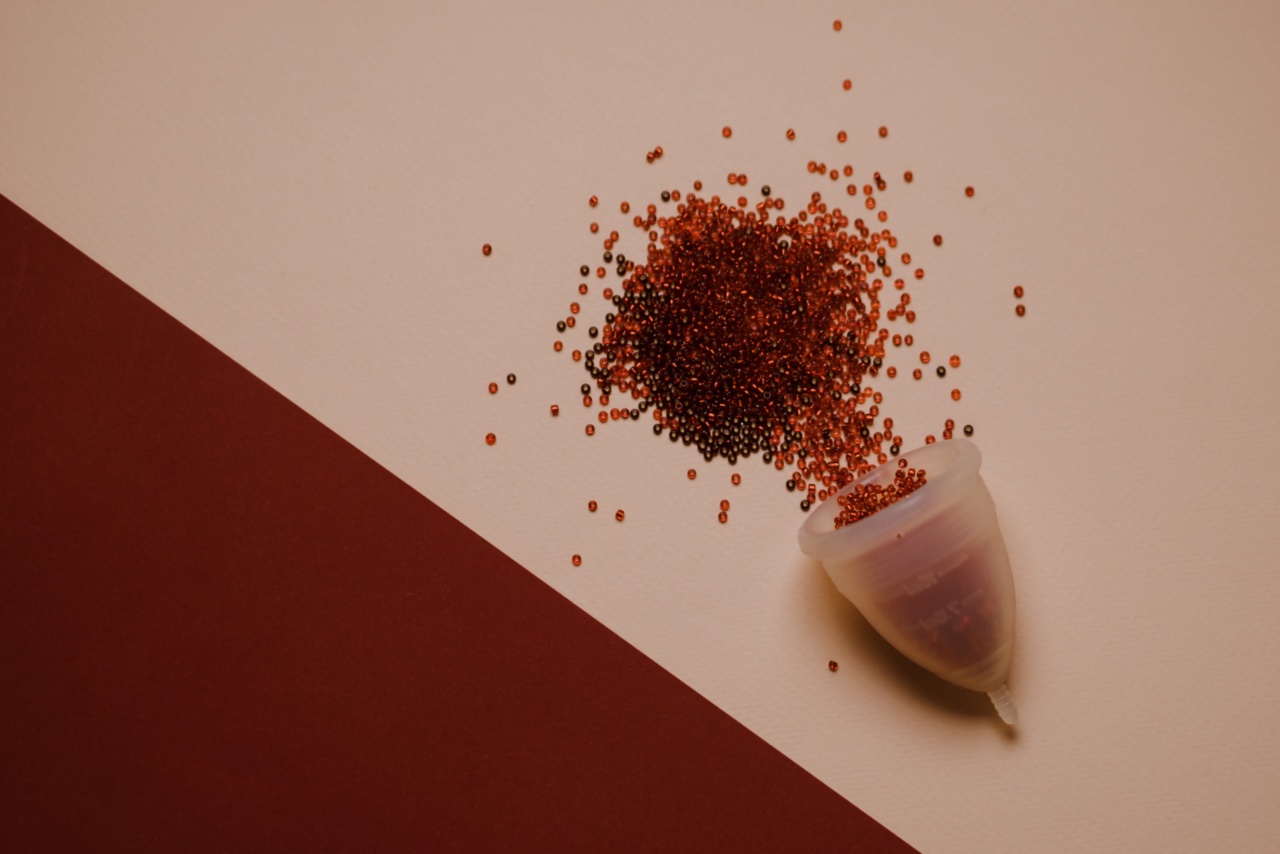Vaginal dryness is a common issue that many women experience at some point in their lives. It can cause discomfort, pain during intercourse, and even affect a woman’s quality of life.
While it is often associated with menopause, there are various triggers that can contribute to this condition. Understanding these triggers can help women find the right treatment and alleviate the discomfort associated with vaginal dryness.
1. Hormonal Changes
Hormonal changes, especially during menopause, are one of the primary causes of vaginal dryness. As women age, their estrogen levels decrease, leading to a reduction in vaginal lubrication.
Estrogen is responsible for maintaining the thickness and elasticity of vaginal tissues. When estrogen levels decline, the vagina may become less hydrated and lose its natural lubrication.
2. Medications
Some medications can also contribute to vaginal dryness. Certain antidepressants, antihistamines, and medications used to treat allergies can have side effects that include decreased vaginal lubrication.
If you are experiencing vaginal dryness and are taking any of these medications, speak to your healthcare provider about potential alternatives or solutions.
3. Stress and Anxiety
Stress and anxiety can have a significant impact on a woman’s sexual health. When the body is under stress, it may produce less natural lubrication. The mind-body connection plays a crucial role in sexual arousal and lubrication.
Managing stress through relaxation techniques, counseling, or other stress management strategies can help alleviate vaginal dryness caused by psychological factors.
4. Breastfeeding
While breastfeeding is a natural and beautiful experience for new mothers, it can also lead to vaginal dryness. The hormone prolactin, which is responsible for milk production, can suppress estrogen production.
This hormonal imbalance can result in decreased vaginal lubrication. It is important to stay adequately hydrated and consider using a water-based lubricant if needed.
5. Certain Health Conditions
Several health conditions can contribute to vaginal dryness. These include autoimmune disorders like Sjogren’s syndrome, which can affect the glands that produce vaginal moisture.
Diabetes, thyroid disorders, and even certain cancer treatments can also cause vaginal dryness. If you have an underlying health condition and are experiencing vaginal dryness, it’s essential to consult with your healthcare provider for appropriate management and treatment options.
Seeking Treatment for Vaginal Dryness
If you are experiencing vaginal dryness, it’s important to seek treatment to alleviate any discomfort and maintain vaginal health. Here are some potential treatment options:.
1. Lubricants and Moisturizers
Over-the-counter lubricants and moisturizers are widely available and can provide temporary relief from vaginal dryness. Water-based lubricants are typically recommended as they are less likely to cause irritation or interfere with condom use.
Vaginal moisturizers can also be used regularly to keep the vaginal tissues moisturized and relieve dryness.
2. Hormonal Therapies
In cases where vaginal dryness is primarily caused by hormonal changes, hormonal therapies may be recommended. Estrogen creams or suppositories can help replenish estrogen levels and restore vaginal moisture.
Hormone replacement therapy (HRT), either in the form of pills, patches, or vaginal rings, can also be prescribed to address other menopause symptoms along with vaginal dryness.
3. Vaginal Estrogen
Vaginal estrogen therapy involves the use of creams, tablets, or rings that are inserted into the vagina to deliver estrogen directly to the vaginal tissues. It can help improve vaginal lubrication and relieve dryness.
Vaginal estrogen is often prescribed in lower doses than systemic hormone therapy and can be an effective treatment option for women who prefer localized treatment.
4. Lifestyle Adjustments
Simple lifestyle changes can also help alleviate vaginal dryness. Drinking plenty of water and staying hydrated is crucial for maintaining overall vaginal health.
Avoiding harsh soaps, douches, and scented products in the genital area can help prevent further irritation and dryness. Wearing breathable underwear and avoiding tight-fitting clothing can also improve vaginal comfort.
5. Communication and Support
It’s important to communicate openly with your partner about vaginal dryness and any discomfort it may cause. Mutual understanding and support can contribute to a positive sexual experience.
If vaginal dryness is affecting your emotional well-being or causing distress, consider seeking support from a healthcare provider or a counselor who specializes in sexual health.
Conclusion
Vaginal dryness is a common condition that can affect women of all ages. While menopause is often associated with this issue, there are various triggers that can contribute to vaginal dryness.
Understanding the possible causes of vaginal dryness can help women find appropriate treatment options and improve their overall quality of life. If you are experiencing vaginal dryness, consult with your healthcare provider to determine the underlying cause and find the most suitable treatment plan for your individual needs.






























